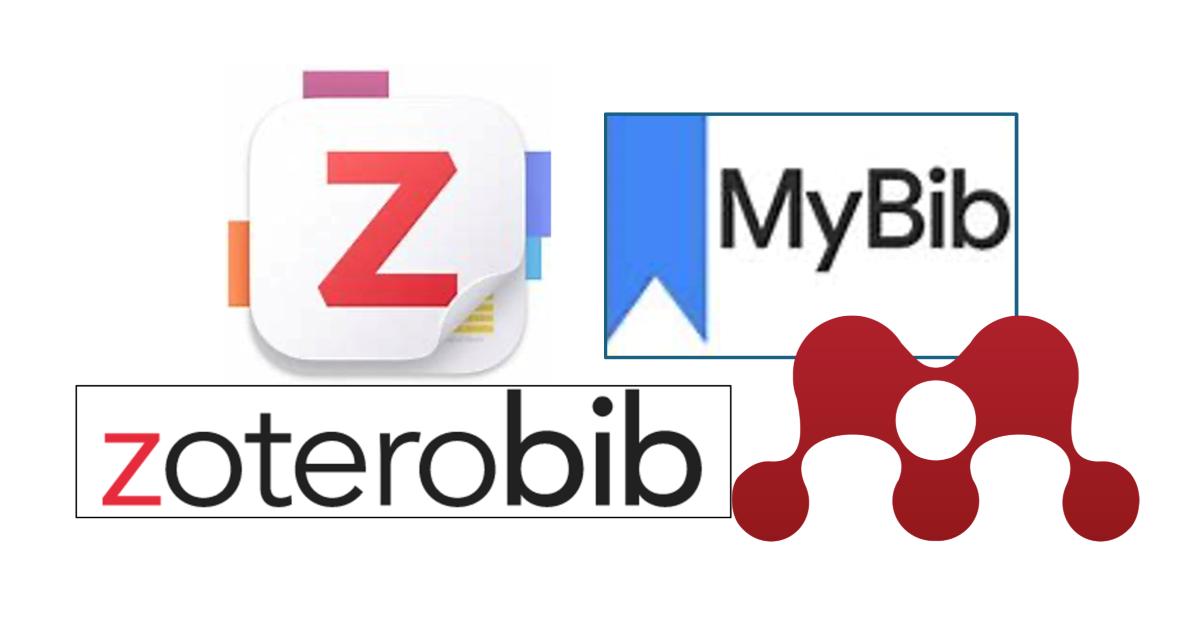Where should you publish your paper?
28/09/2017

That’s not an easy question as there are lots of factors to take into consideration when choosing where to publish, but let’s take a look at a few aspects.
Firstly, you probably need or want to publish open access (OA) to maximise the visibility of your work (RCUK, H2020, and REF policies require this). Options vary from publisher to publisher and even between journals from the same publisher. Journals are generally of three types:
- Conventional, subscription-based journals;
- Fully open access journals, where you usually have to pay a publication fee known as an Article Processing Charge (APC);
- Hybrid journals, which have a mix of OA articles and articles only accessible to subscribers. To publish an article OA, you again usually have to pay an APC.
You’ll need to look at the OA options available and make sure they’re compliant with your funder requirements. You can use the SHERPA/FACT tool to check – select a journal and your funder and it will tell you about any compliance issues; you can do the same for the REF with the SHERPA/REF tool. Or, just email openaccess@cranfield.ac.uk and Library staff will be happy to advise you.
Secondly, you’ll want to check the impact or quality of the journals you’re considering. You can use Journal Citation Reports (JCR) to check the quality and impact factor of specific journals. However, it is important to use impact factors with caution, bearing in mind the caveats highlighted by the JCR provider. Cranfield also has two journal lists you can use for reference which are linked to from our Making Your Research Open Access (intranet) site.
Finally, some authors may feel pressured or tempted to explore other routes to OA, such as using vanity, self- or on-demand publishing. Some of these businesses are legitimate but some aren’t, so if you are approached directly by a publisher, you may find our guidelines on solicitations to publish (internal pdf) helpful.
Photo CC-BY-NC-SA from Tom Magliery on Flickr
Categories & Tags:
Leave a comment on this post:
You might also like…
Meet Mendeley: a powerful referencing tool that does the hard work for you!
Are you looking for a way to manage your references, create in-text citations and reference lists for your assignments or thesis? If so, you may wish to consider using Mendeley. What is it? Mendeley is ...
Adding documents to your Mendeley account
To make the most of a Mendeley account, it is useful to create and maintain a ‘Library’ of references. You can add references and documents to this Library in a number of ways: 1) Drag ...
Choosing the right reference management tool for you…
Are you thinking about using reference management software to help you manage your references? The Library is here to help you. While Mendeley has been our go-to reference management software for some years, we've recently ...
Cranfield Seed Fund recipient, Cosysense, are using AI to solve air conditioning problems and provide a net zero alternative
If you’ve ever worked in an office environment you’ve probably been involved in, or overheard, a conversation about the air conditioning. Well, it’s no surprise it’s a common complaint when research shows that up ...
An Eye-Opening Journey in Advanced GIS & Remote Sensing at Cranfield University
My experience in the Advanced GIS and Remote Sensing course at Cranfield University was nothing short of transformational. From day one, the course was designed to provide both technical expertise and real-world applications. What ...
EBSCO databases – User interface changes
EBSCO has recently introduced a new user interface which you will see when you access any of our EBSCO databases - Business Source Complete, EBSCO eJournals and eBooks, GreenFILE, PsycARTICLES and PsycINFO. If you've used ...






